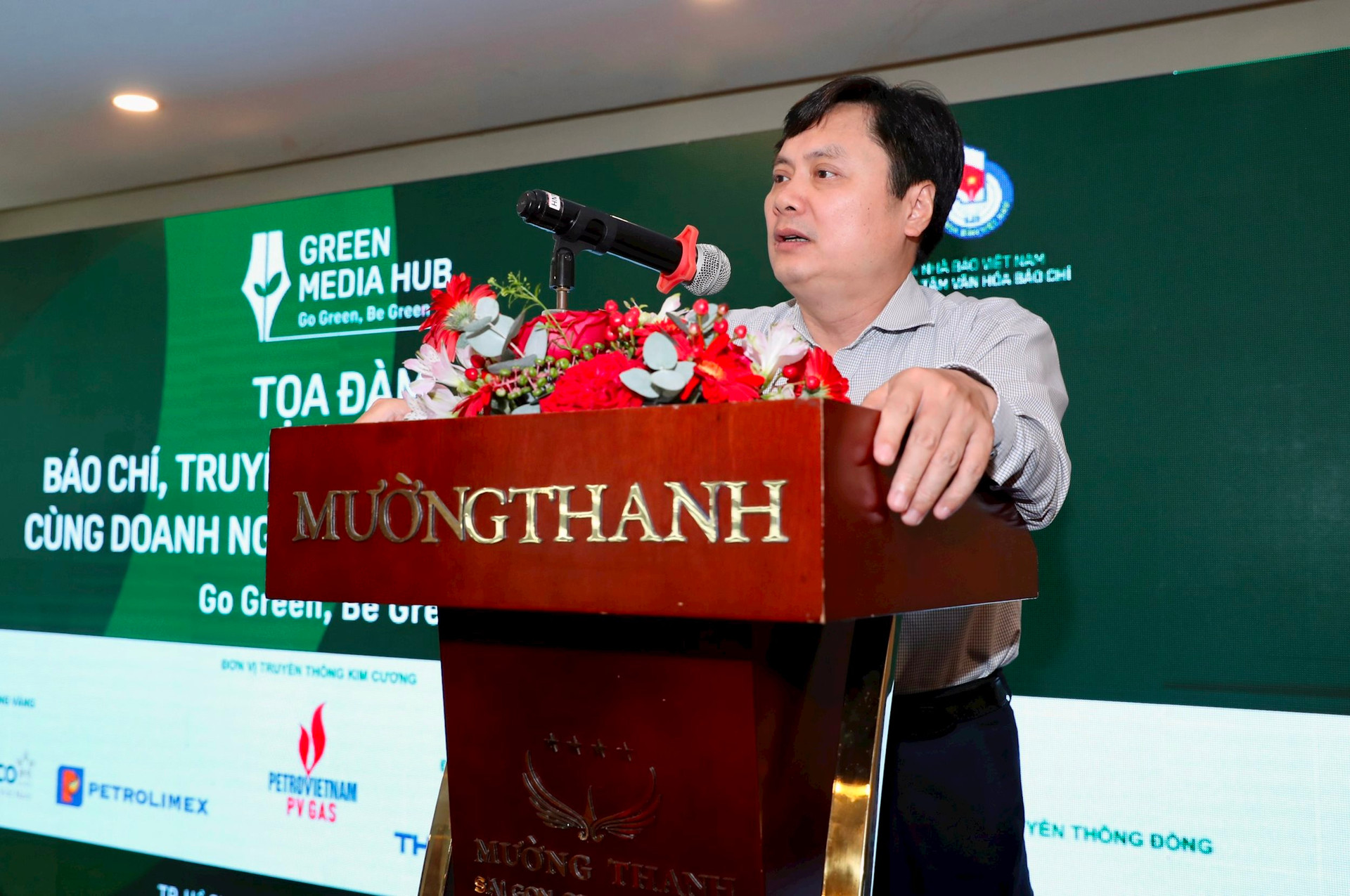
Clear regulations on the roadmap for implementing circular economy in Vietnam
According to Mr. Nguyen Trung Thang, circular economy (CEE) has become a popular trend that has been researched by the international community, institutionalized into policies and implemented into specific actions in many countries.
In Vietnam, developing a circular economy has been identified as one of the key solutions to proactively respond to climate change, sustainably manage, economically and efficiently use resources, and protect the environment in the next development stage of the country. In the document of the 13th National Congress of the Party, the Socio-Economic Development Strategy for the period 2021 - 2030, with a vision to 2045, affirmed "encouraging the development of a circular economy model to comprehensively and effectively use the output of the production process".
The Law on Environmental Protection 2020 has a separate article (Article 142) regulating circular economy, and has also stipulated many mechanisms and policies that play a role in promoting the implementation of circular economy, such as: classifying domestic solid waste at source (Article 75), calculating the price of collection, transportation and treatment of domestic solid waste based on mass or volume (Article 79); recycling responsibility of manufacturers and importers - EPR (Article 54, Article 55); recycling, reuse of waste, development of environmental industry, environmental services, green credit, green bonds...
Decree 08/2022/ND-CP guiding the implementation of the Law on Environmental Protection 2020 also stipulates the roadmap for implementing circular economy. Accordingly, the Ministry of Natural Resources and Environment is responsible for presiding over and coordinating with ministries, ministerial-level agencies, and provincial People's Committees to develop and submit to the Prime Minister for promulgation a national action plan for implementing circular economy; build and operate a platform for connecting information and sharing data on the application of circular economy models; build and promulgate a framework for guiding the application and assessment of circular economy implementation.
Ministries and sectors shall develop and approve action plans for implementing circular economy in sectors, fields and products; organize propaganda and dissemination of legal knowledge,education and training on circular economy; integrate specific criteria for implementing circular economy right in the process of developing strategies, planning, plans, programs and development projects; manage, reuse and recycle waste; manage and update information and data on circular economy implementation and integrate with the data information system of the Ministry of Natural Resources and Environment; organize the pilot application of circular economy models for sectors and fields of energy, raw materials and waste according to the action plan.
Provinces and centrally-run cities develop and approve action plans to implement circular economy; organize pilot applications of circular economy models; implement measures to propagate, disseminate, and share information and data on circular economy implementation and other regulations.
Proposing solutions for developing circular economy
To promote the development of circular economy in the coming time, Mr. Nguyen Trung Thang said that it is necessary to prioritize raising awareness, knowledge, skills and developing good practices in implementing circular economy. Accordingly, focusing on promoting propaganda, education, training, coaching, disseminating knowledge, laws, changing habits, awareness and actions towards forming a material circulation society, creating a culture, good habits of applying circular economy in exploiting and sustainably using natural resources; changing the mindset of prioritizing short-term economic benefits while ignoring long-term environmental benefits, considering waste as a resource and an input source for production and business.
At the same time, improve knowledge and laws on circular economy to all organizations and individuals in society; propagate and educate to achieve correct and full awareness of circular economy in the business community and managers; integrate educational content on circular economy into educational programs at all levels, grades, and staff training; build and develop the Vietnam Circular Economy Network and other networks on circular economy.
Mr. Thang also proposed to build and perfect institutions and policies, improve the effectiveness and efficiency of state management of circular economy. Specifically, establish a National Steering Committee for circular economy implementation; organize the development of action plans, integrate circular economy into strategies, planning, plans, programs, and development projects; manage waste of ministries, sectors, and localities; form a close coordination mechanism between levels and sectors to promote circular economy implementation.
In addition, review, revise, supplement or promulgate new policies and legal regulations to form a complete, synchronous and effective legal framework to promote the implementation of a comprehensive circular economy. In particular, priority should be given to perfecting regulations and removing legal barriers to put current regulations that play a role in promoting the implementation of circular economy into practice, such as: ecological design; incentives, support, best available techniques (BAT); extended producer and importer responsibility (EPR), green credit, green bonds. Perfect legal regulations, standards and technical regulations to implement circular economy. Research and propose the development of laws on promoting circular economy.
Another solution proposed by the Institute of Strategy and Policy on Natural Resources and Environment is to support the promotion of the application of circular economy in production, business and consumption to promote innovation, apply achievements of science and technology, and the 4.0 industrial revolution to develop circular business models and sustainable consumption models.
Along with that, prioritize waste management to implement circular economy through specific solutions to classify, collect, recycle, and reuse solid waste, wastewater, and emissions; complete technical infrastructure systems such as waste collection, classification, and treatment infrastructure; apply digital transformation in waste management to promote digital infrastructure for circular economy; pilot, replicate, and develop waste management models by region, area, and locality; promote the application of circular economy in waste management; promote investment, and support waste management to implement circular economy.
According to Mr. Nguyen Trung Thang, Deputy Director of the Institute of Strategy and Policy on Natural Resources and Environment, it is necessary to strengthen domestic and international cooperation and coordination, organize monitoring and evaluation activities for the implementation of circular economy. In particular, make the most of resources, promote the role of professional associations in promoting linkages between enterprises and economic establishments to implement circular economy; in consulting, evaluating and supporting the implementation of circular economy...
Source


![[Photo] Prime Minister Pham Minh Chinh attends the event "Digital transformation of the banking industry by 2025"](https://vphoto.vietnam.vn/thumb/1200x675/vietnam/resource/IMAGE/2025/5/29/0e34cc7261d74e26b7f87cadff763eae)

![[Photo] A delegation of 100 journalists from the Vietnam Journalists Association visits the soldiers and people of Truong Sa island district.](https://vphoto.vietnam.vn/thumb/1200x675/vietnam/resource/IMAGE/2025/5/30/0984a986227d4e988177f560d2e1563e)
![[Photo] Journalists moved to tears at the Memorial Service for the soldiers who died in Gac Ma](https://vphoto.vietnam.vn/thumb/1200x675/vietnam/resource/IMAGE/2025/5/30/9454613a55c54c16bf8c0efa51883456)


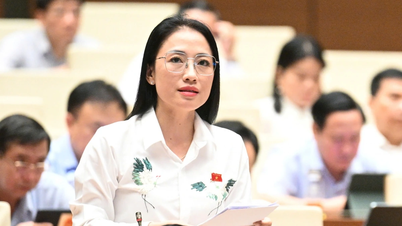

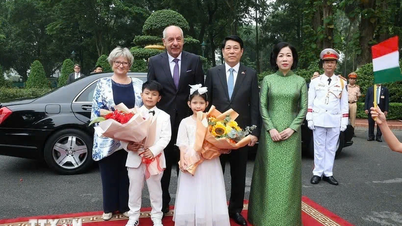

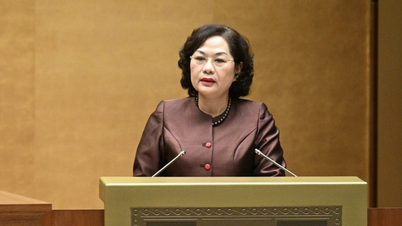

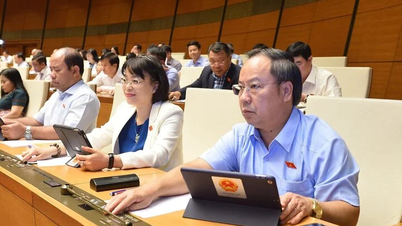

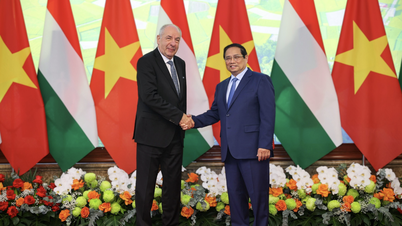

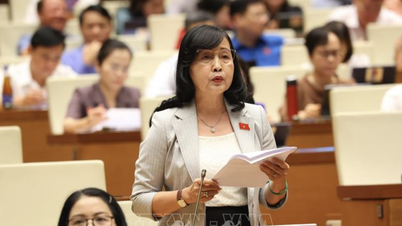

















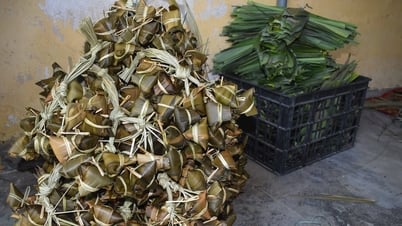










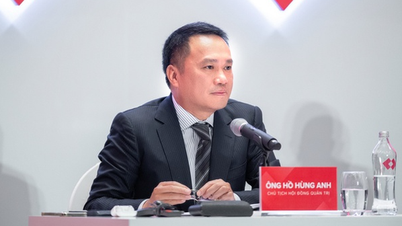





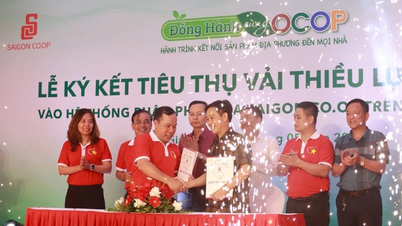

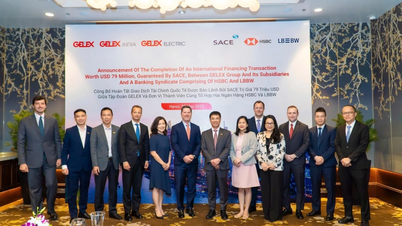


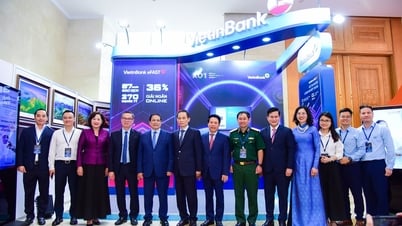












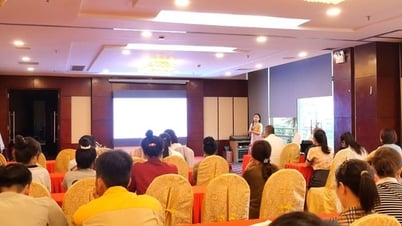


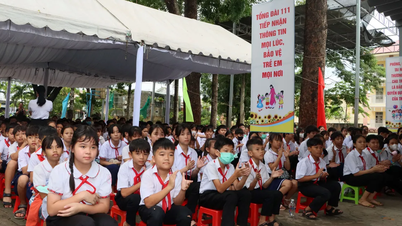


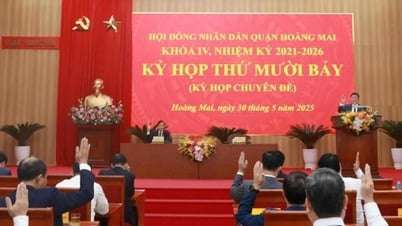

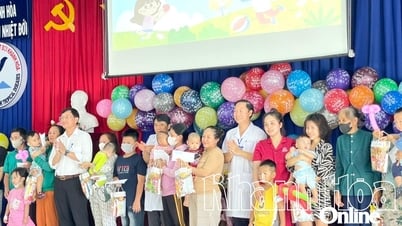



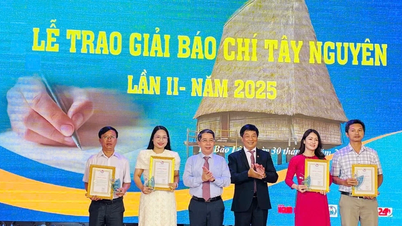





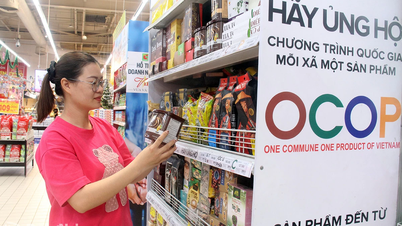
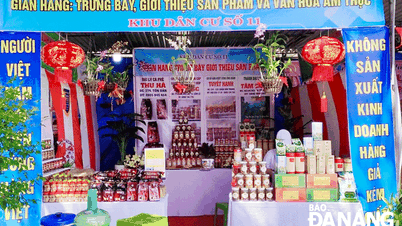

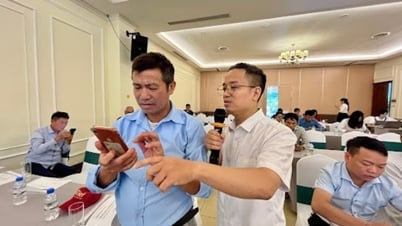

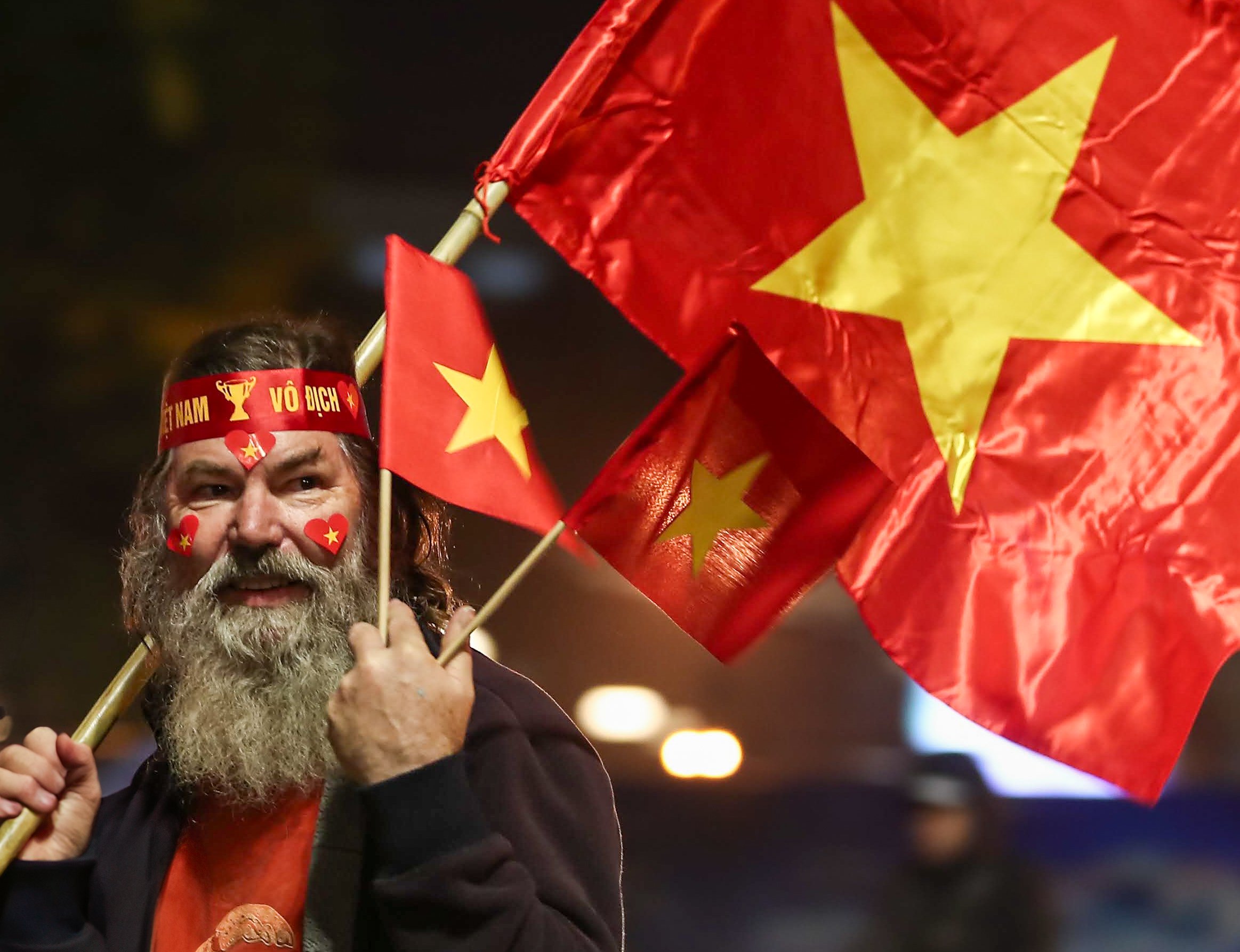



Comment (0)